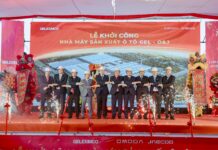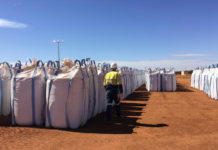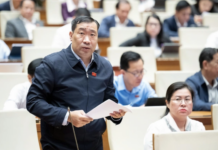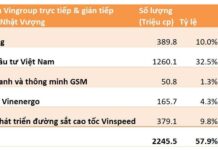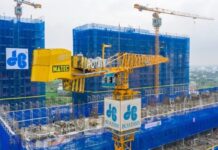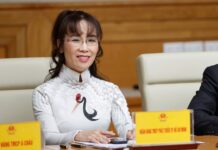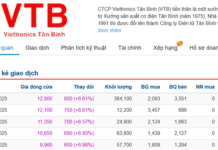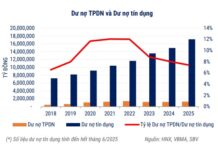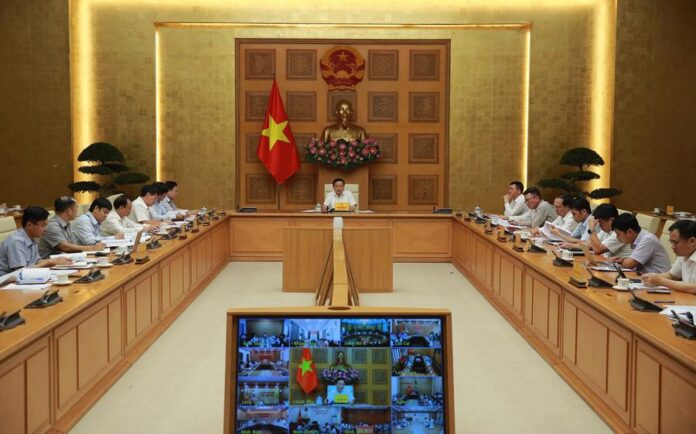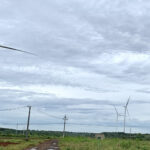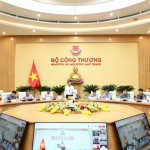On August 14, Deputy Prime Minister Tran Hong Ha chaired a hybrid meeting with several ministries, sectors, and localities, listening to a report on the issuance of supplements and updates to the Plan for implementing the Master Plan for National Power Development for the 2021-2030 period, with a vision towards 2050 (Power Development Plan 8).
According to the Ministry of Industry and Trade’s report, all local wind, hydro, biomass, and waste-to-energy projects that were scrutinized and proposed have met the set criteria and have been incorporated into the draft Decision approving the updates and supplements to the Power Development Plan 8.
Specifically, there are 110 wind power projects with a total capacity of 6,665.3 MW, 128 small hydro projects with 1,362.98 MW, 21 biomass projects with 414 MW, and 34 waste-to-energy projects with 621.1 MW.
The Ministry of Industry and Trade has worked with the Government Inspectorate to scrutinize power projects that were not included in the Plan due to the need to rectify violations related to land, investment procedures, planning, and other issues as per inspection conclusions or those under inspection and investigation.
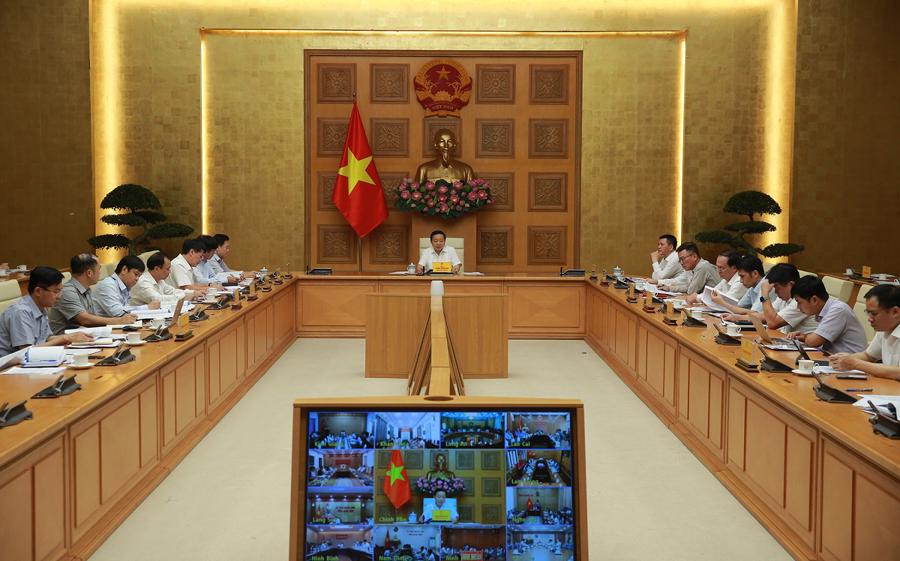
At the meeting, leaders from several localities reported on the resolution and rectification of issues raised in inspection conclusions, investigations, and proposals to supplement solar power, small hydro, waste-to-energy, and biomass projects into the Power Development Plan 8.
The leaders also pointed out that many projects were only slightly delayed in their proposals or had minor violations that could be rectified and did not warrant criminal investigation. They requested the Ministry of Industry and Trade to include these projects in the Plan as they met the Ministry’s criteria.
Minister of Industry and Trade, Nguyen Hong Dien, stated that many local solar power projects have not been updated in the Plan as they are part of the 154 solar power projects mentioned in the Government Inspectorate’s conclusion, which were transferred to the investigative agency regarding the Ministry’s approval of supplements without legal basis in terms of planning.
Regarding the proposal to increase the allocated capacity for waste-to-energy projects, Minister Nguyen Hong Dien requested that localities base their proposals on the actual waste generation in their respective areas.
The approval of updates and supplements to the Power Development Plan 8 is crucial for localities to have a basis for power development and timely supplement the power source with projects that can be constructed quickly, thus ensuring power supply security.
Concluding the meeting, Deputy Prime Minister Tran Hong Ha emphasized the principle of including projects in the Power Development Plan 8 that have no violations or have completed rectifying any violations, meeting criteria for system safety, transmission technology, and economic efficiency. This ensures that investment resources from enterprises are not wasted and local development requirements are met.
Provinces with power projects that have fully addressed the contents of inspection, examination, investigation, audit conclusions, and court judgments (if any) should promptly provide official reports for further updates to the Plan.
Regarding the 154 solar power projects that the Ministry of Industry and Trade approved for supplements without a legal basis in terms of planning, the Deputy Prime Minister requested that localities and businesses closely coordinate with the Ministry and investigative agencies to scrutinize, group, explain, and promptly resolve the issue.
Concerning the proposals for small hydro, biomass, and waste-to-energy projects, the Deputy Prime Minister stated that these are foundational power sources, and the Ministry of Industry and Trade will scrutinize and promptly include them in the Plan.
The Deputy Prime Minister also provided feedback on the localities’ proposals regarding the conversion of some coal-fired power projects to gas-fired power, the relocation of coal-fired power plants, increasing the capacity of hydropower plants, adjusting allocation indicators for rooftop solar power, and handling wind power projects overlapping with mineral exploration and exploitation planning areas.
Dak Nong explains series of wind power projects criticized by Government Inspectorate
Dak Nong has recently submitted an explanation of violations regarding wind power projects, as concluded by the Government Inspectorate. The province also proposes resolving difficulties for the projects to proceed and become operational.

